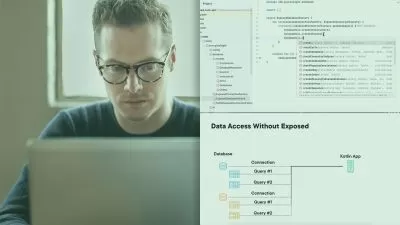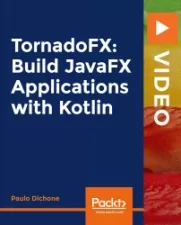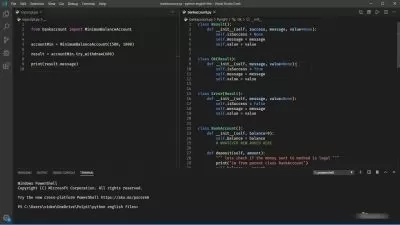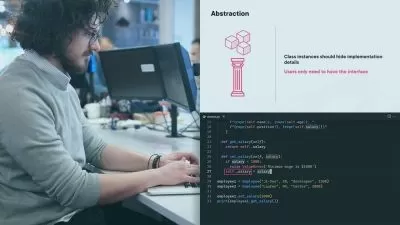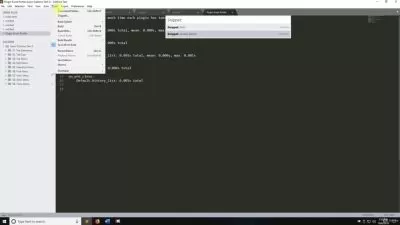Object-Oriented Programming in Kotlin
Kevin Jones
6:10:39
Description
Kotlin is an object-oriented language in the same style as Java, but also offers features found in newer languages like C# and TypeScript. This course will teach you to write a Kotlin application and make use of all the language.
What You'll Learn?
Kotlin is an object-oriented language, and if you know a language like Java or C#, then you will know about classes, interfaces, and inheritance. However, Kotlin is expressive and extensible in ways that those older languages are not. In this course, Object-Oriented Programming in Kotlin, you’ll learn to write applications in Kotlin using the object-oriented features of the language. First, you'll explore how to define a class in Kotlin, and then add methods and properties. Then, you'll see how properties work, method overloading, visibility, and initializing objects at creation time. Next, you'll look at primary and secondary constructors, using the init method, and modeling data by using abstract classes, interfaces, and inheritance, including how interfaces can help you test your code. Finally, you'll dive into other class types such as sealed classes and data classes and how these make it easier to understand the meaning in our code. When you’re finished with this course, you’ll have the skills and knowledge of Kotlin needed to develop Kotlin applications.
More details
User Reviews
Rating
Kevin Jones
Instructor's Courses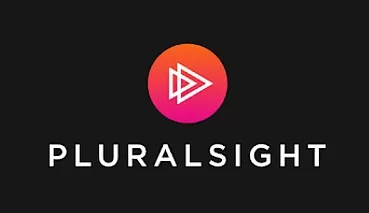
Pluralsight
View courses Pluralsight- language english
- Training sessions 87
- duration 6:10:39
- level preliminary
- English subtitles has
- Release Date 2023/12/06








